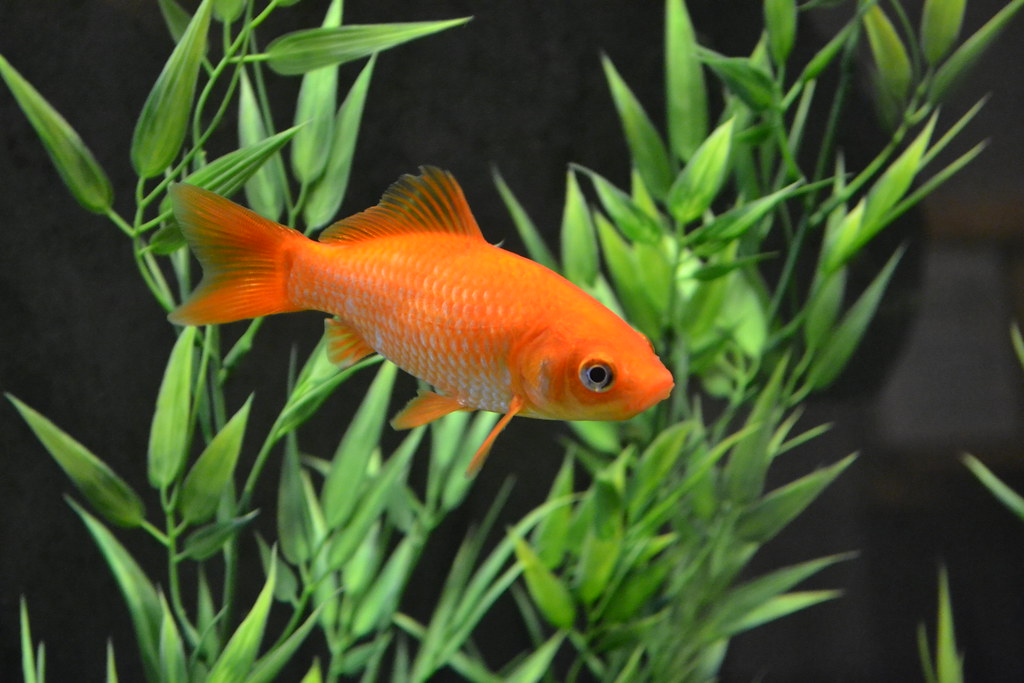
Who knew that your cute little goldfish have a lot more going on under the surface? If you’ve ever wondered about the differences between male and female goldfish—whether it's to keep a harmonious tank or to dive into breeding—you’re in for a fascinating journey!
Understanding Physical Differences
One of the most common ways to distinguish between male and female goldfish is by observing their physical traits. Female goldfish generally have rounder and bulkier bodies compared to their male counterparts, which are typically sleeker and more streamlined. During the breeding season, females may appear even rounder due to egg development.
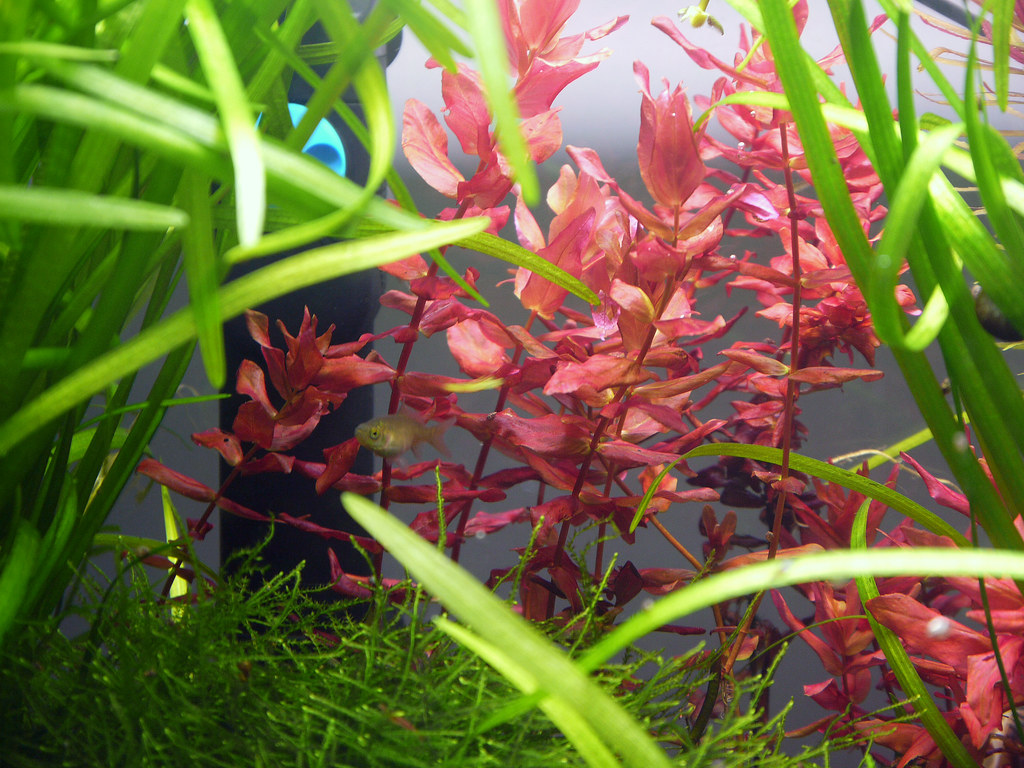
A closer look at their fins and vents will also provide clues. Male goldfish often have longer, more pointed pectoral and anal fins, whereas females tend to have shorter, rounder fins. The vent, or anal opening, further differentiates them: females feature a protruding vent, while males have a concave one.
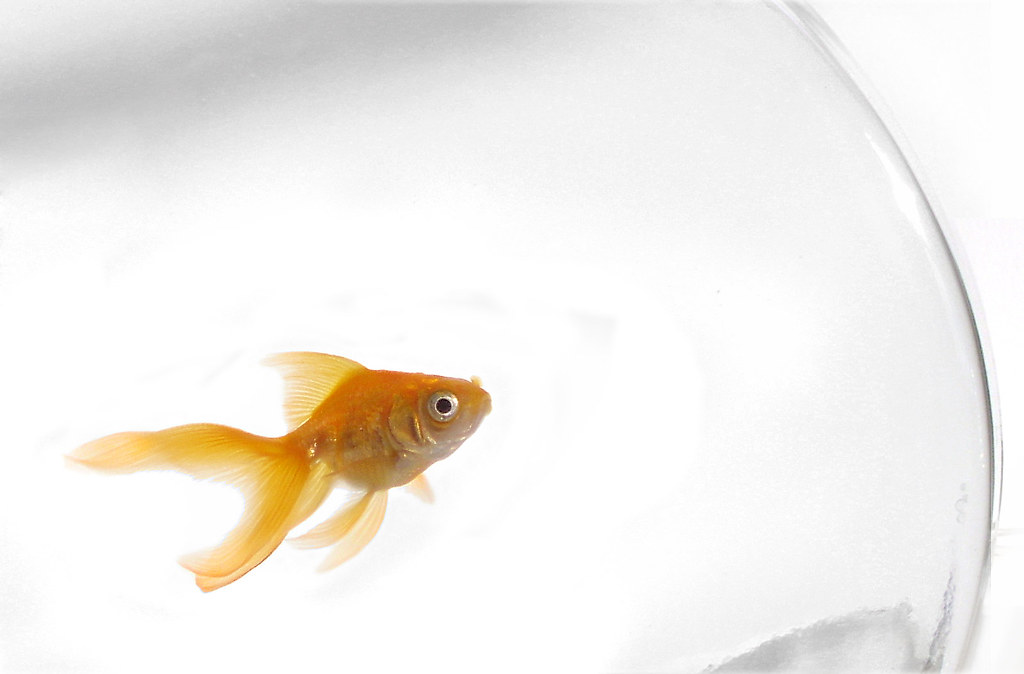
| Feature | Female Goldfish | Male Goldfish |
|---|---|---|
| Body Shape | Rounder and thicker | Streamlined and thinner |
| Pectoral Fins | Shorter, rounded | Longer, pointed |
| Vent | Protruding | Concave |
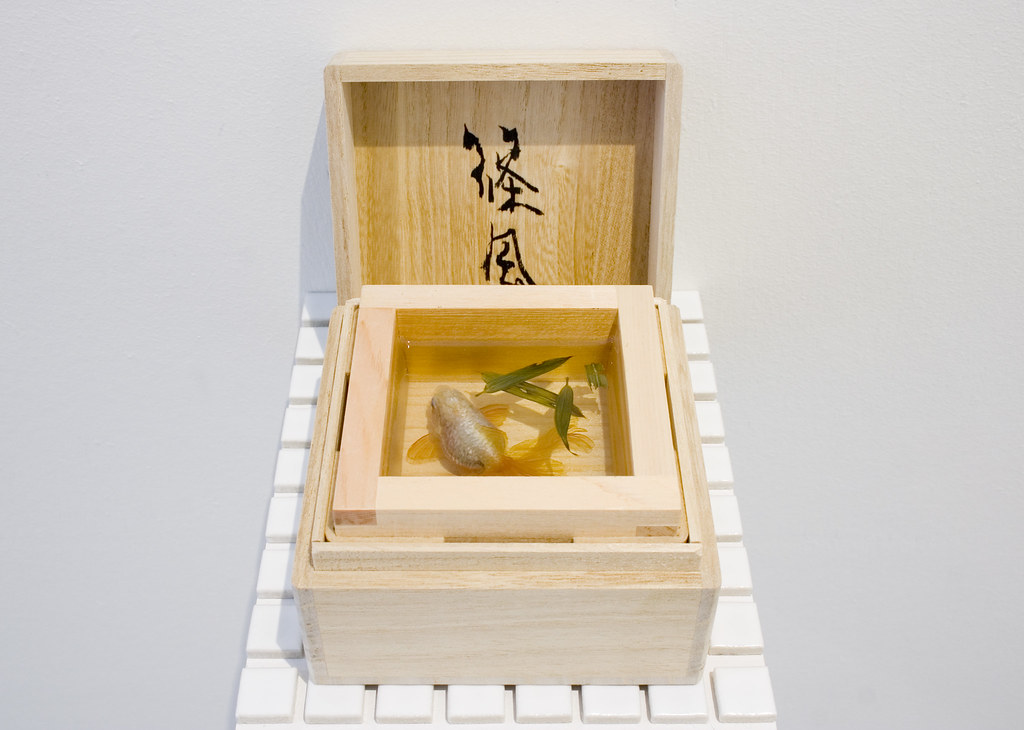
Spotting Breeding Indicators
The breeding season, typically when spring turns into fall, brings out distinct behaviors and physical markers in goldfish. Males may develop small white bumps known as tubercles on their gills and pectoral fins. These are not to be confused with health issues, so be careful not to stress out your fish with unnecessary treatments!
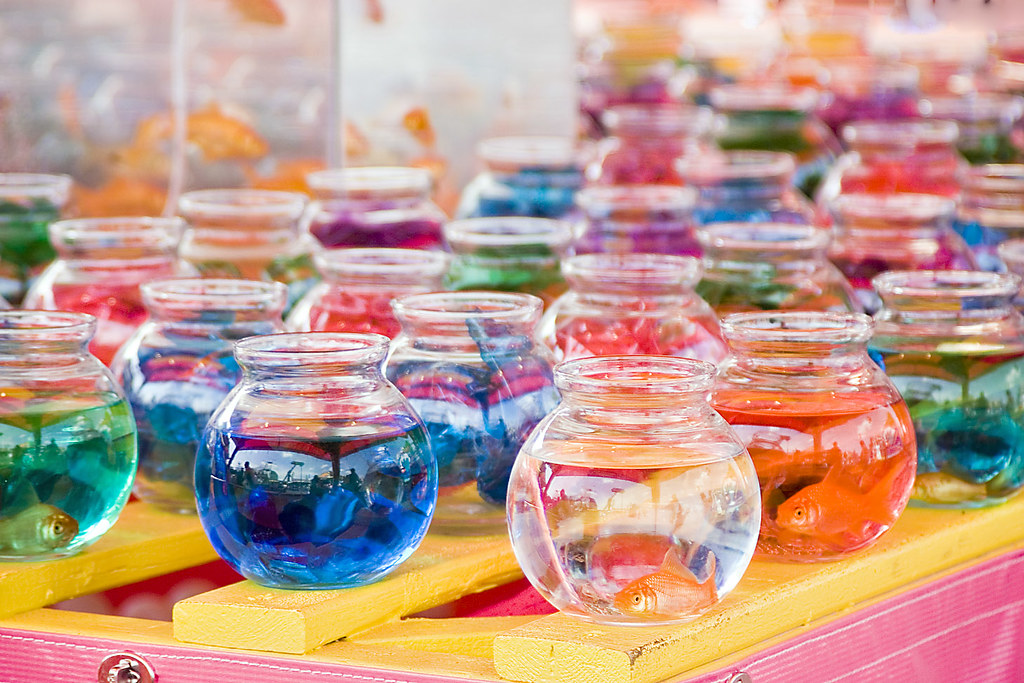
Behavior-wise, expect males to become a bit hyperactive. They often chase females around the tank, which can look quite dramatic. Females will get a bit balloon-like, especially around the abdomen, signaling their readiness to lay eggs, and they'll release pheromones to attract the males.
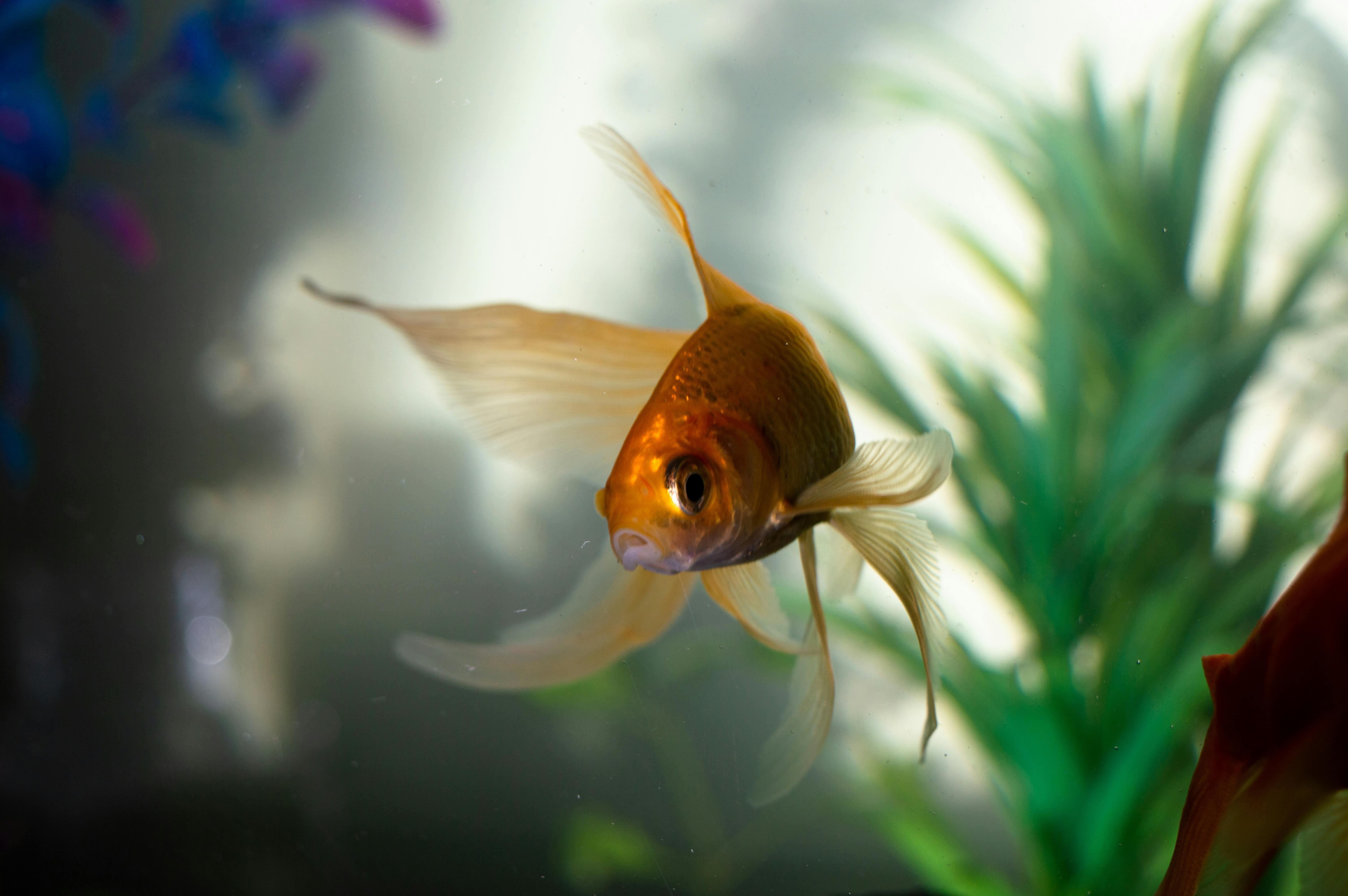
Strategies for Successful Breeding
If you’re aiming to breed goldfish, it’s essential to identify their sex correctly and provide the right environment. A critical step is managing the tank environment to avoid stress and aggression. Too many males and not enough females can lead to chaos, and overcrowded males might fight amongst themselves.
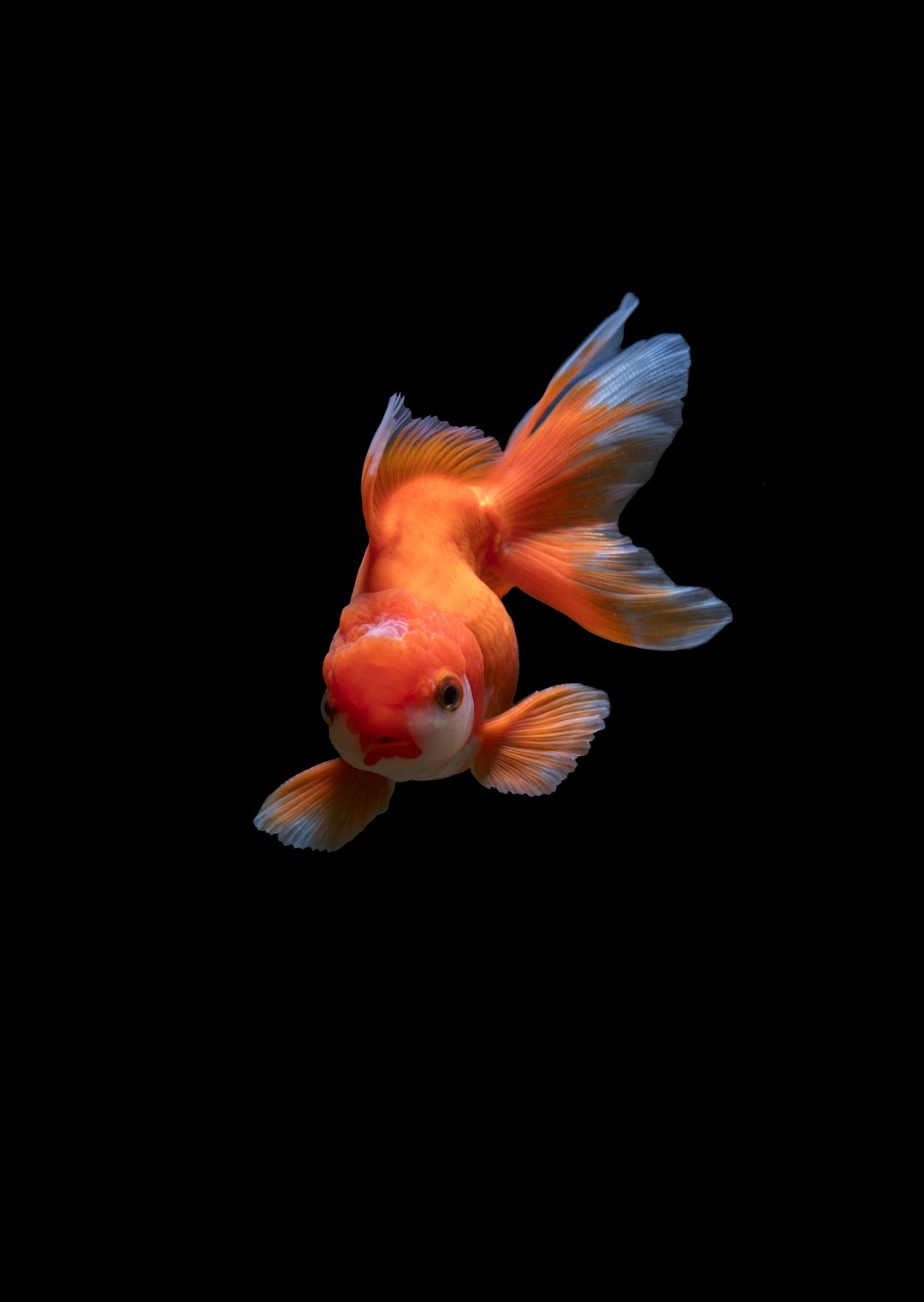
When breeding goldfish, it’s important to monitor the process closely. Consider removing the eggs to a separate tank once they are laid. Goldfish aren’t particularly parental—they often view their eggs as a tasty snack, so separating them can prevent a goldfish buffet and increase your chances of more fry surviving.
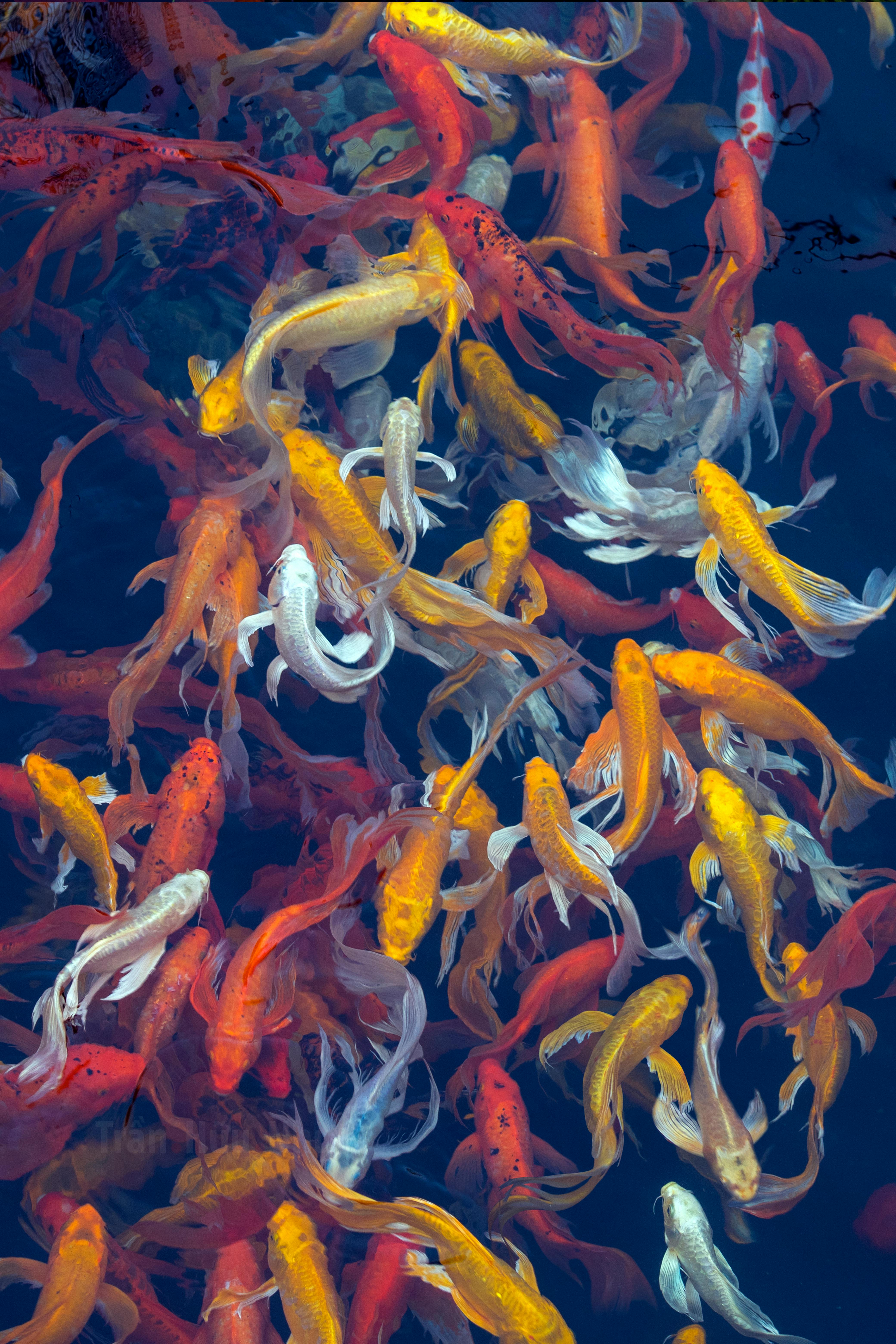
The Role of Goldfish Age and Maturity
Age plays a significant role in accurately identifying the sex of a goldfish. Juvenile goldfish (below 9-12 months) don’t exhibit pronounced sexual dimorphism, making it tough to identify their sex. For breeders, allowing goldfish to mature facilitates more accurate sex identification.

If you're curious about the diverse appearances of these fascinating fish, you can explore more about their selective breeding, physical variations, and coloration at the Iowa DNR’s goldfish species profile.
If you're a goldfish enthusiast eager to dive deeper into this wondrous hobby, joining a group like the Goldfish Society of America can be a fantastic way to swap insights and stories about breeding practices and tank care.

So, whether you're trying to identify your goldfish buddy or setting the stage for a new generation, these insights and markers are your toolbox for success. Have you ever experienced quirky behavior from your goldfish that made you wonder about their gender? Share your stories and tips in the comments!
Frequently Asked Questions
How can you tell if a goldfish is male or female?
Male goldfish often have longer, more pointed pectoral fins, while females have rounder, shorter fins. During the breeding season, males may develop small white bumps, known as tubercles, on their gills and pectoral fins.
Can you put male and female goldfish together?
Yes, male and female goldfish can be placed together. However, during breeding, you may need shallow water conditions. It's important to monitor their behavior and provide adequate space to prevent stress or aggression.
What is the best way to identify a breeding goldfish?
Breeding males typically develop tubercles on their gill covers and fins, while females become visibly rounder in the abdomen as they carry eggs. Observing their shape and behavior can help you identify them.
How do male and female goldfish behave differently?
During the breeding season, male goldfish often chase females around the tank to prompt egg-laying. Females tend to remain more stationary and may look for hiding spots when pressured.
Do male goldfish and female goldfish require different care?
Goldfish care remains similar regardless of gender. Ensure proper tank conditions, adequate filtration, and a balanced diet. However, during breeding, extra monitoring may be necessary to ensure both males and females remain healthy.
We hope this deep dive into the world of male and female goldfish has piqued your curiosity and perhaps even sparked some interest in setting up or enhancing your own aquarium. If you're eager to learn more about these fascinating creatures or just want to share your own experiences with fellow goldfish enthusiasts, don’t hesitate to connect with us on social media. We’re quite the community over on Pinterest, where you'll find a treasure trove of visual inspiration. Follow us on Instagram for daily doses of aquatic beauty and join the conversation on X (formerly Twitter) by sharing your own tank tales. And let's not forget our Facebook community, where we love getting to know each of you a little better. We eagerly await your insights and stories, and we're here to help your adventures in the world of goldfish flourish. Happy fish-keeping!
